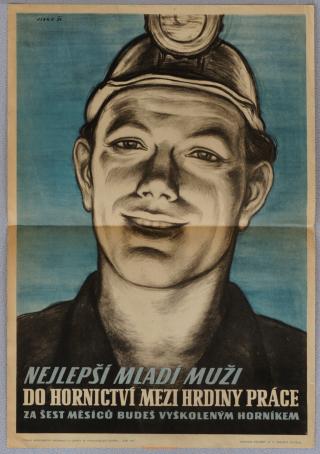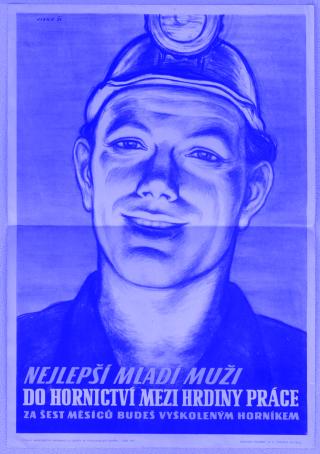Topic
Work in East and West
This section researches how the sociocultural perception and meaning of »work« transformed in the industrial societies of Czechoslovakia and France during the first three decades after World War II. It examines the conceptions and practices of normality and marginality in a comparative and transnational perspective.

Imaginations and Social Significance of Work East and West of the Iron Curtain: France and Czechoslovakia 1944–1975
After the Second World War, the pursuit of full employment, social security and the right to work was accounted the most important social-political goal in West and East alike. In the context of the incipient Cold War, both sides defined what was to qualify as useful, normal or standard employment. These paradigms were continually developed in parallel and—thus the hypothesis—with reciprocal reference to each other on either side of the Iron Curtain. Conferences of international organisations (ILO, World Federation of Trade Unions) had become arenas for relationships beyond the blocks’ borders. At the same time, workers and non-workers in the respective national societies held their own conceptions of work, which they practiced in their own specific ways.
Researches on the global history of work have so far mostly concentrated on the Western societies and neglected the societies of the semi-peripheral and state-socialist states of eastern Europe. This synchronously comparative analysis focuses, on the one hand, on the emergence and further development of central concepts such as »normal work«, »useful job« or »fair wage« in Czechoslovakia and France, and on the other on the question of the intercultural interplays between West and East.

